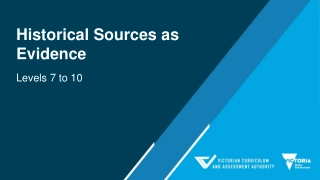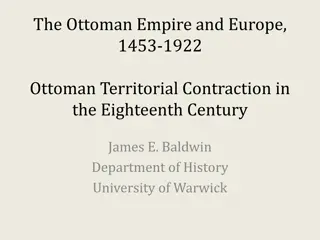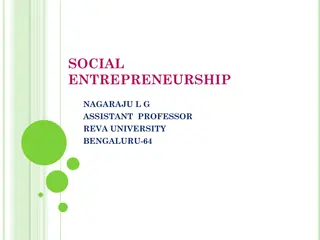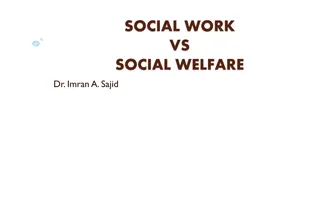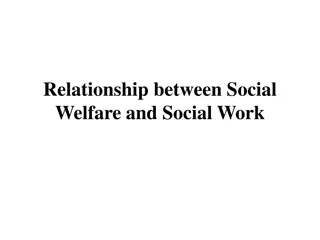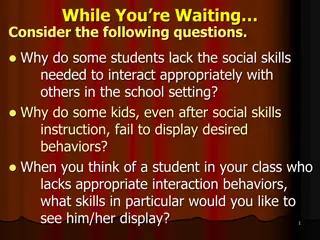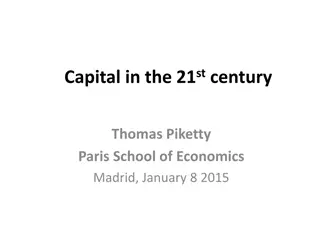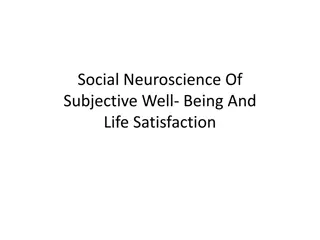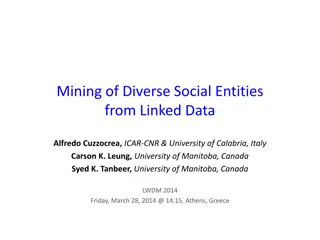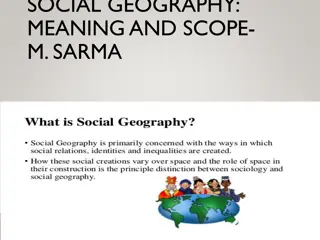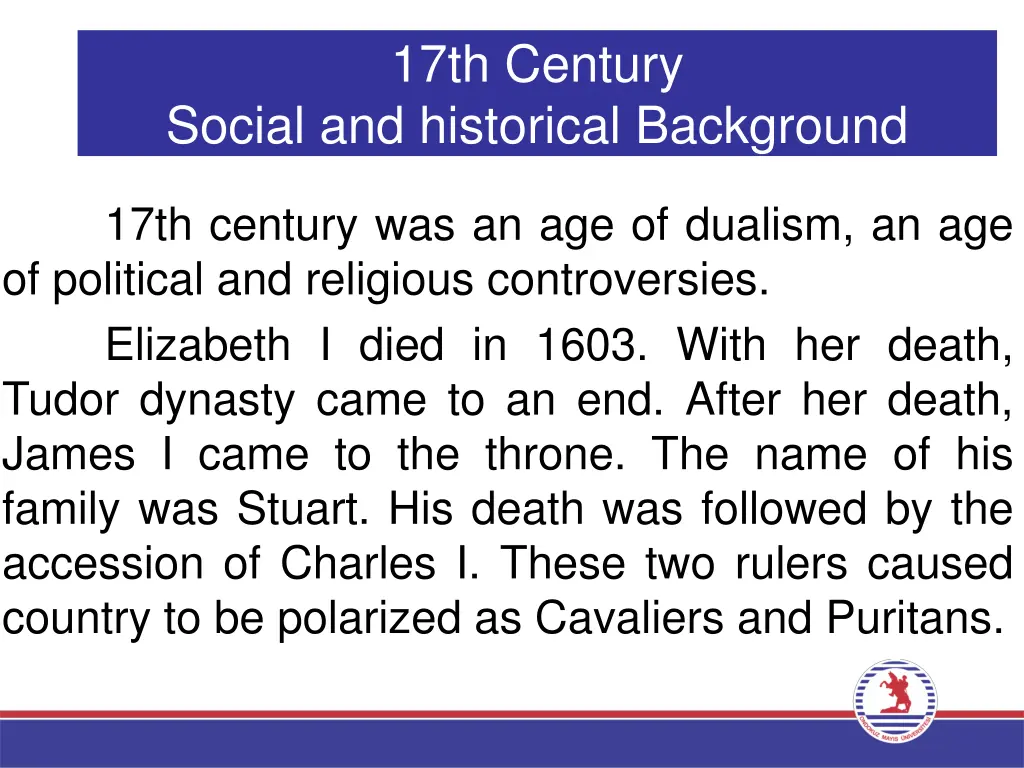
17th Century England: Political and Religious Controversies
The 17th century in England was marked by political and religious dualism, with conflicts between Cavaliers and Puritans. This era saw the transition from the Tudor to the Stuart dynasty, leading to civil war, the execution of Charles I, the Commonwealth, and ultimately the Restoration period. Intellectual developments included the contrast between scholasticism and scientific thinking through influential figures such as Copernicus, Newton, Descartes, and John Locke.
Download Presentation

Please find below an Image/Link to download the presentation.
The content on the website is provided AS IS for your information and personal use only. It may not be sold, licensed, or shared on other websites without obtaining consent from the author. If you encounter any issues during the download, it is possible that the publisher has removed the file from their server.
You are allowed to download the files provided on this website for personal or commercial use, subject to the condition that they are used lawfully. All files are the property of their respective owners.
The content on the website is provided AS IS for your information and personal use only. It may not be sold, licensed, or shared on other websites without obtaining consent from the author.
E N D
Presentation Transcript
17th Century Social and historical Background 17th century was an age of dualism, an age of political and religious controversies. Elizabeth I died in 1603. With her death, Tudor dynasty came to an end. After her death, James I came to the throne. The name of his family was Stuart. His death was followed by the accession of Charles I. These two rulers caused country to be polarized as Cavaliers and Puritans.
The Cavaliers were the aristocrats who wanted to rule without the parliament. The Puritans thought that the Church of England is not pure enough. The puritans wanted to go back to the pure form of Christianity. They believed that because of the Fall, man is totally depraved beyond any hope of salvation. Man comes to the World to suffer. If they suffer enough in this World, they may hope to go to the Heaven. The Puritans wanted the parliament to be in power.
The puritans formed a political party. The Civil war began between Puritans. Puritans were victorious. Cavaliers and
In 1649, Charles I was executed. The Commonwealth was declared. There was no king for the first time in England. Oliver Cromwell became Lord Protector. England was ruled by Oliver Cromwell. The old Testament became the book of law. Pleasure was regarded sinful. Theatres were closed. Parliament invited Charles II back. It s called Restoration age.
Intellectual Background The dualism between scholasticism and scientific thinking. Copernicus De Revolutionubus Orbium Coelestium (On the Revolution of Heavenly Bodies) Newton Descartes and John Locke

